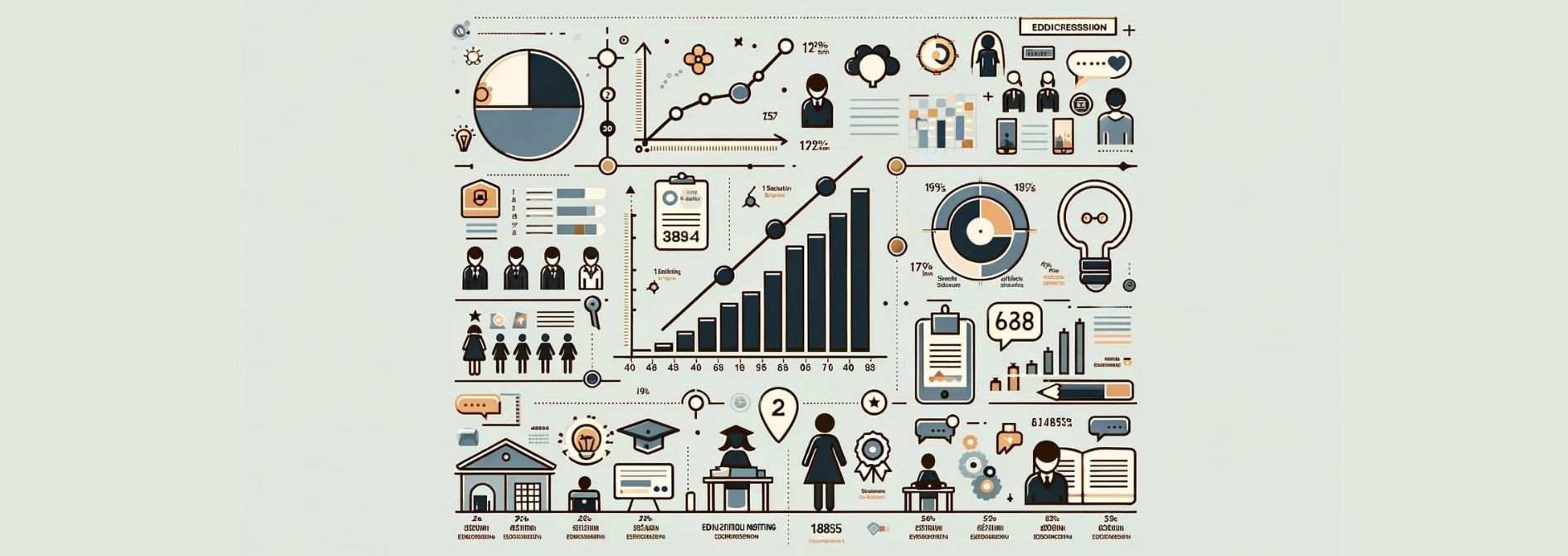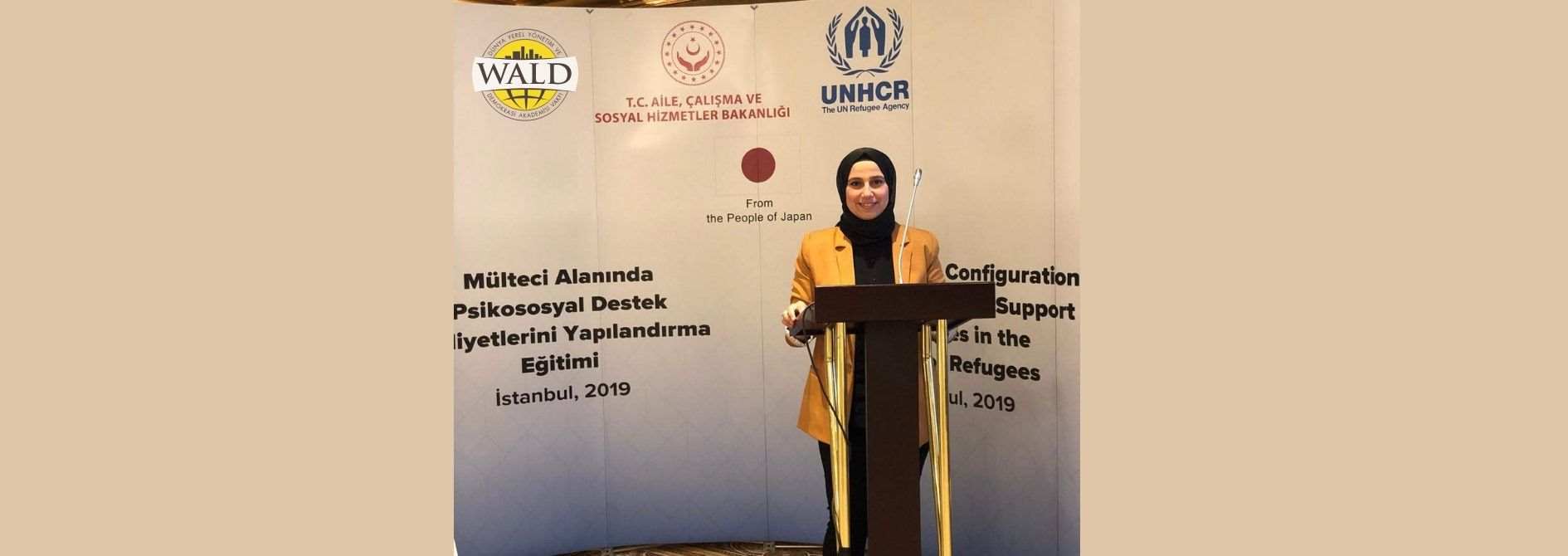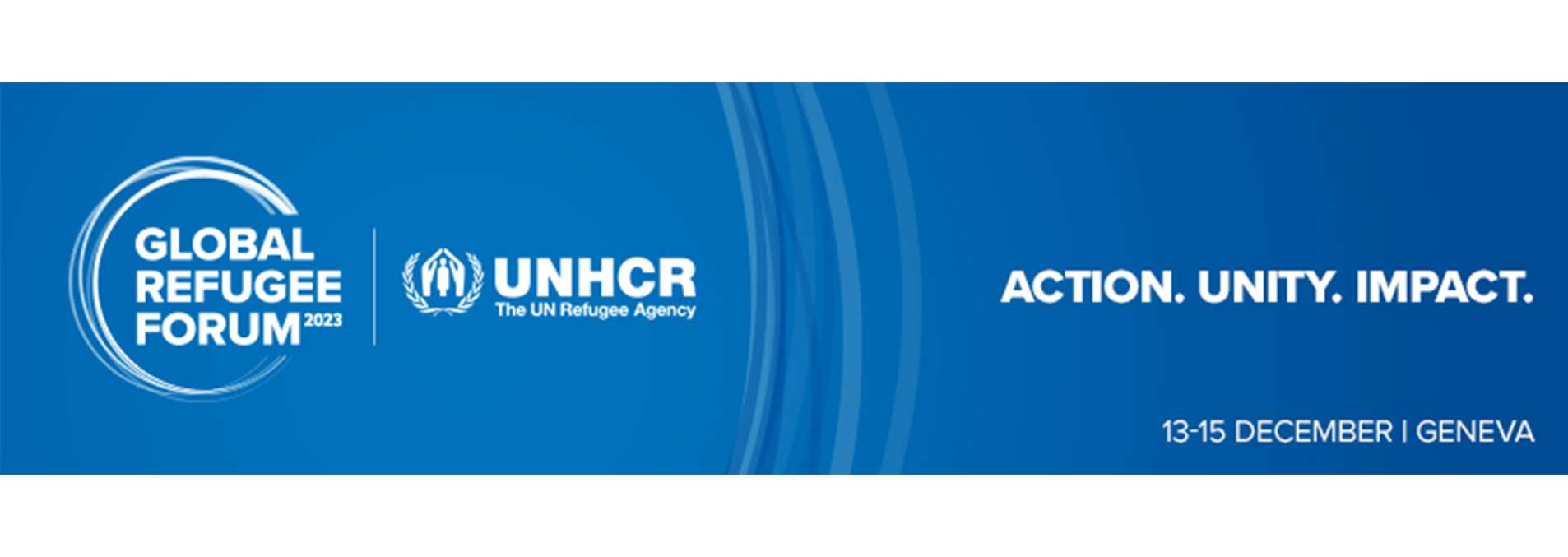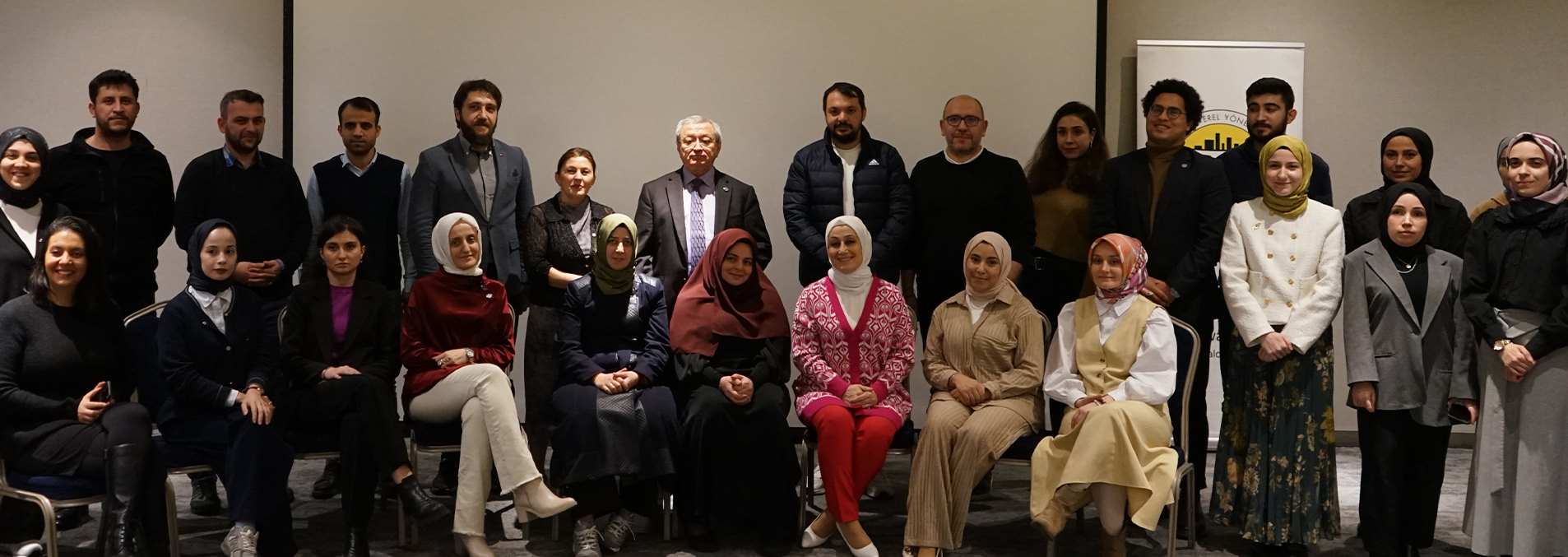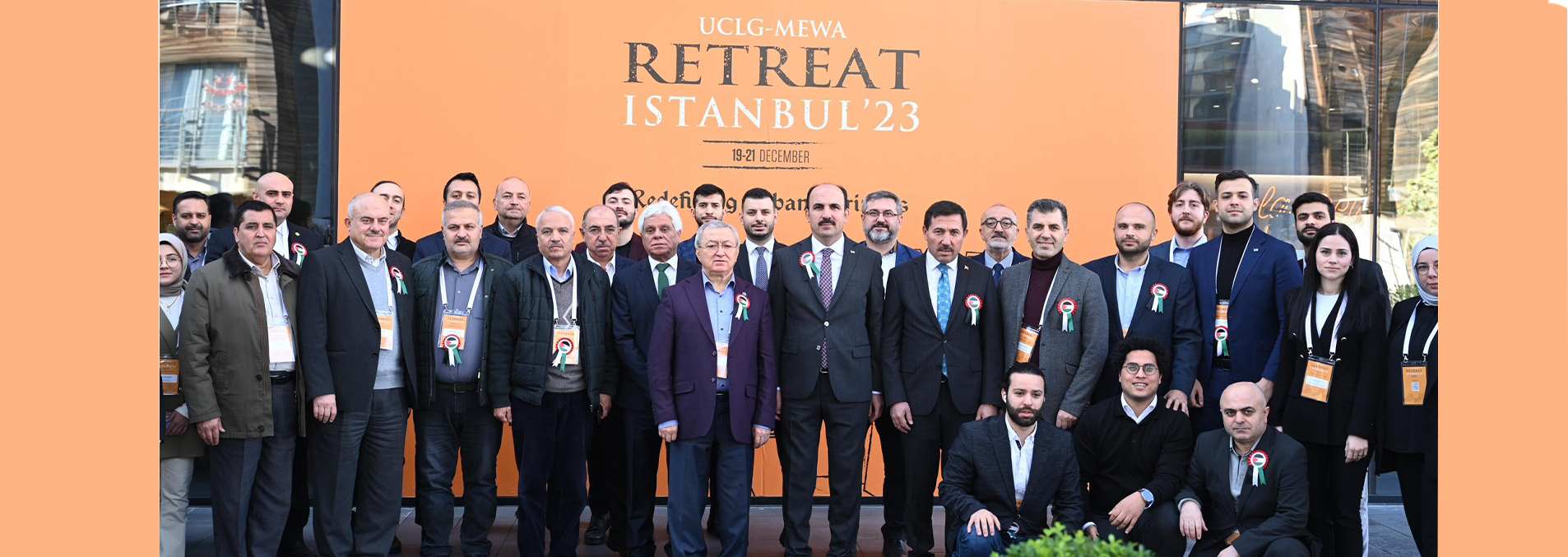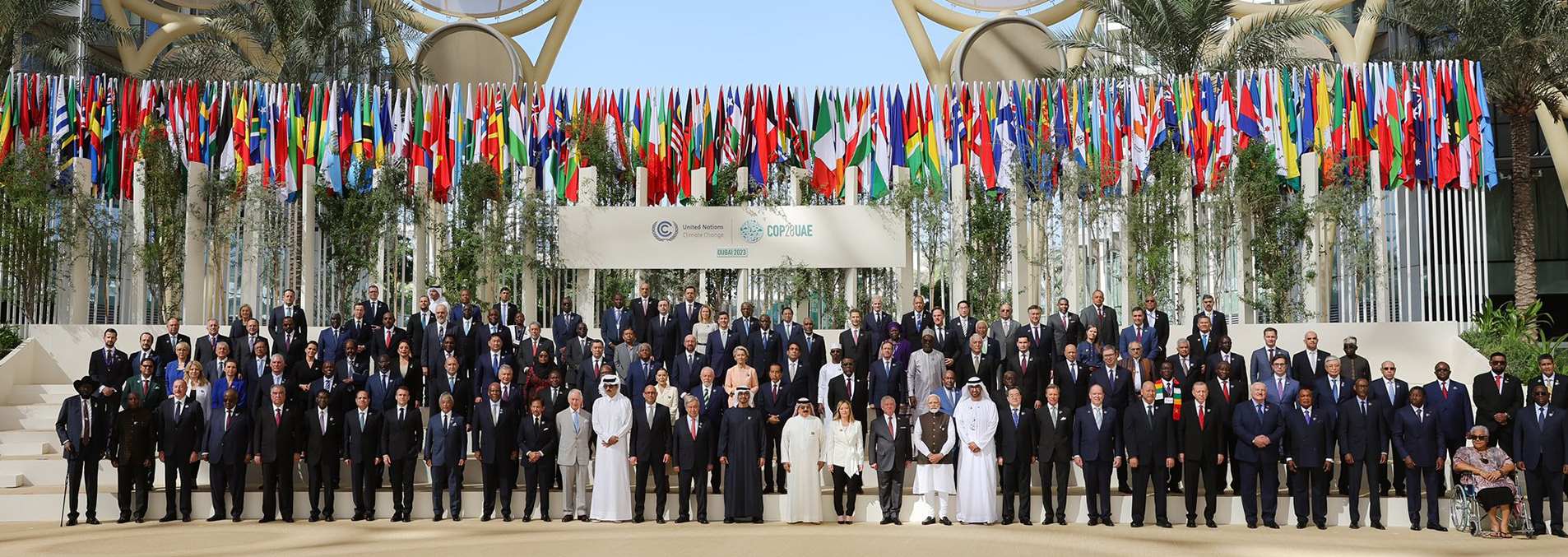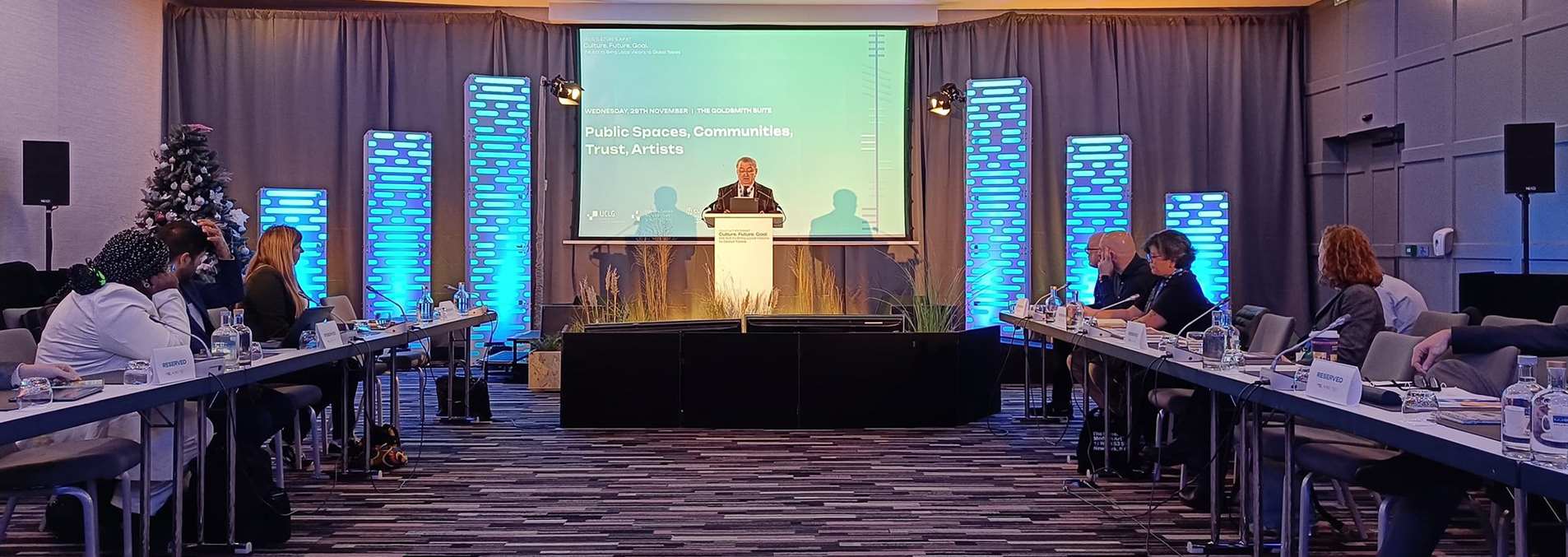Education: A Bridge Between Communities, Building the Future
Education is widely acknowledged as the cornerstone of a society, playing a pivotal role in fostering a nation's sustainable development and social well-being. In this context, inclusive, equitable, and high-quality education emerges as a fundamental catalyst. It empowers individuals to realize their full potential and contributes to the construction of a robust future by elevating the overall knowledge base of society.
Inclusive education stands as a champion of diversity, uniting individuals from varied backgrounds. It not only fosters social cohesion but also nurtures a culture of coexistence, marked by values of respect, understanding, and cooperation. Additionally, it ensures universal access to education, transcending barriers of gender, ethnicity, language, religion, and socio-economic status.
This inclusive approach, underscored by its embrace of diversity, brings together individuals while accentuating the pivotal role of quality education in social development—a principle emphasized by the United Nations (UN) Sustainable Development Goal (SDG) 4, focusing on "Quality education." Beyond reducing poverty, quality education aims to equip individuals with the essential skills needed for economic contribution. It further champions gender equality, fostering educational opportunities for girls and women.
Quality education, encompassing awareness and skills for healthy and sustainable living, contributes to individuals' environmental consciousness and sustainability. Moreover, education acts as a guiding force in the personal and professional development of individuals. Those with access to quality education are not only well-prepared for leadership roles in societal awareness and interaction but also gain access to a diverse array of employment opportunities.
Education assumes a pivotal role in constructing just, sustainable, and tolerant societies by nurturing critical thinking, problem-solving abilities, and cultural perspectives. In our dynamically evolving world, education plays a crucial role in enhancing individuals' adaptability, providing a competitive edge, and bolstering their potential to devise effective solutions to global challenges. Consequently, it significantly influences the trajectory of individuals and the sustainable development of societies.
Viewed through this lens, education transcends the mere pursuit of professional success, aiming to mold individuals imbued with ethical values and a sense of social responsibility. Collaborations between diverse stakeholders such as civil society organizations, educational institutions, the business world, local governments, and youth groups transform education into a holistic experience. It not only emphasizes academic achievement but also enriches character development and social cohesion. Ultimately, individuals emerge as the key actors propelling society toward a more just, conscious, and sustainable future.







